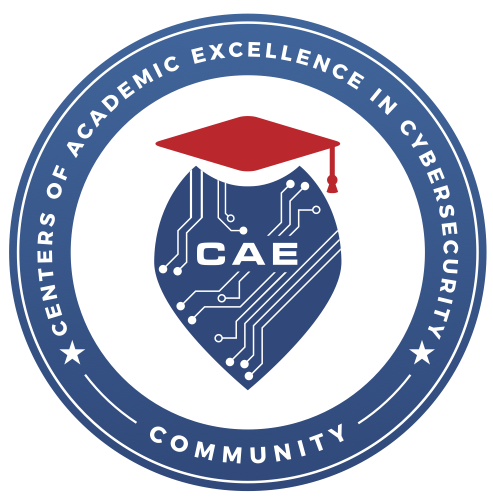Security Tools
Go to umtech.memphis.edu for a "How To."
USE UP-TO-DATE VIRUS SOFTWARE
Viruses, malware, and spyware are major causes of computer slow-down and crashes. Install an antivirus program and keeping it up to date by downloading the newest virus definitions when prompted. Running a virus scan at least once a week will help to detect and neutralize threats to your PC.
TURN ON A FIREWALL
If you plan to spend a lot of time web surfing, a firewall is essential. When configured correctly, it protects your computer from possible security breaches and hacker attacks by filtering out questionable content. Firewall software can be purchased separately, and a firewall is also included with most security suites (including Norton Antivirus 2007 and Windows Live OneCare). Windows and Mac OS X also comes with a built-in firewall.
SECURE YOUR WIRELESS NETWORK AT HOME
If you're running a wireless network at home, make sure the network is password-encrypted to prevent others from using your connection to access the Internet. If someone leeching off your Internet connection is caught doing something illegal, you could be held responsible. Running an unsecured network is also an open invitation to hackers.
SECURE YOUR COMPUTER ON A PUBLIC WIRELESS NETWORK
Things become trickier when you're connected to a public wireless network like a library. Here, it's a good idea to go into your computer's network settings and uncheck the option that makes your computer visible to others on the same network. In other words, you won't be able to see other computers connected to the network, and they won't see you. As a precaution, also disable all file-sharing and media-sharing options.
KEEP YOUR PROGRAMS UP TO DATE
As annoying as the pop-up messages telling you to download and install updates for the various programs on your computer can be, it's absolutely vital that you update your operating system and antivirus software on a regular basis. Windows Update often contains security patches that will fix software vulnerabilities that hackers could exploit. The same goes for programs like Microsoft Office, Acrobat, Flash and other applications, and of course your security software.
Viruses, malware, and spyware are major causes of computer slow-down and crashes. Install an antivirus program and keeping it up to date by downloading the newest virus definitions when prompted. Running a virus scan at least once a week will help to detect and neutralize threats to your PC.
TURN ON A FIREWALL
If you plan to spend a lot of time web surfing, a firewall is essential. When configured correctly, it protects your computer from possible security breaches and hacker attacks by filtering out questionable content. Firewall software can be purchased separately, and a firewall is also included with most security suites (including Norton Antivirus 2007 and Windows Live OneCare). Windows and Mac OS X also comes with a built-in firewall.
SECURE YOUR WIRELESS NETWORK AT HOME
If you're running a wireless network at home, make sure the network is password-encrypted to prevent others from using your connection to access the Internet. If someone leeching off your Internet connection is caught doing something illegal, you could be held responsible. Running an unsecured network is also an open invitation to hackers.
SECURE YOUR COMPUTER ON A PUBLIC WIRELESS NETWORK
Things become trickier when you're connected to a public wireless network like a library. Here, it's a good idea to go into your computer's network settings and uncheck the option that makes your computer visible to others on the same network. In other words, you won't be able to see other computers connected to the network, and they won't see you. As a precaution, also disable all file-sharing and media-sharing options.
KEEP YOUR PROGRAMS UP TO DATE
As annoying as the pop-up messages telling you to download and install updates for the various programs on your computer can be, it's absolutely vital that you update your operating system and antivirus software on a regular basis. Windows Update often contains security patches that will fix software vulnerabilities that hackers could exploit. The same goes for programs like Microsoft Office, Acrobat, Flash and other applications, and of course your security software.
- VPN (Virtual Private Network) will be available in January 2009 to ensure that only authorized users can access the network and that the data cannot be intercepted. Check your local service provider or the ITD helpdesk for assistance.
- Encryption tools, such as Trucrypt are available to ensure that your data is safe during electronic delivery and also if were stolen. https://www.memphis.edu/its/security/

